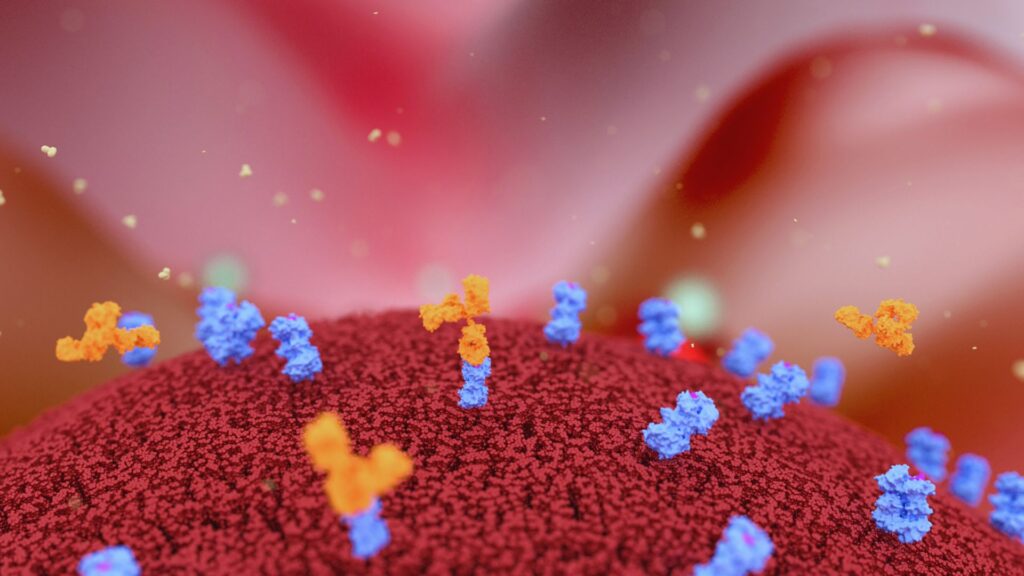
Precision medicine is revolutionizing disease treatment by tailoring therapies to individual patient profiles. At the forefront of this transformation are monoclonal antibodies (mAbs), engineered proteins that target specific antigens with unmatched precision. By 2025, advancements in mAb technology are driving breakthroughs in oncology, autoimmune disorders, infectious diseases, and beyond. This blog explores how mAbs are reshaping precision medicine, highlights key innovations, and looks at future trends in this rapidly evolving field.
The Evolution of Monoclonal Antibodies
Since their inception in the 1970s, mAbs have evolved from murine antibodies to fully humanized and engineered formats, reducing immunogenicity and improving safety. Today, innovations like bispecific antibodies, antibody-drug conjugates (ADCs), and cell-penetrating antibodies are expanding their therapeutic potential. These advancements enable mAbs to target complex diseases with greater precision and efficacy.
Applications of mAbs in Precision Medicine
1. Oncology
mAbs like trastuzumab and pembrolizumab have transformed cancer treatment by targeting specific tumour antigens and enhancing immune responses. ADCs, such as trastuzumab emtansine, deliver cytotoxic drugs directly to cancer cells, minimizing damage to healthy tissues.
2. Autoimmune Disorders
mAbs like teplizumab and adalimumab modulate immune responses, delaying disease progression in conditions like type 1 diabetes and rheumatoid arthritis.
3. Infectious Diseases
mAbs such as sipavibart provide passive immunity by neutralizing pathogens like SARS-CoV-2, offering protection for immunocompromised individuals.
4. Neurological Disorders
mAbs like aducanumab and lecanemab target amyloid-beta plaques in Alzheimer’s disease, offering hope for slowing cognitive decline.
Innovative Technologies Enhancing mAbs
- Bispecific Antibodies: Engage multiple targets simultaneously, enhancing immune responses.
- Antibody-Drug Conjugates (ADCs): Combine mAbs with cytotoxic drugs for targeted cancer therapy.
- Cell-Penetrating Antibodies: Reach intracellular targets, expanding therapeutic possibilities.
- AI and Machine Learning: Optimize antibody design and predict clinical outcomes, accelerating personalized therapy development.
Challenges and Future Directions
While mAbs offer transformative potential, challenges like manufacturing complexity, treatment resistance, and high costs remain. Future advancements will focus on:
- Next-Generation Antibody Engineering: Improved binding affinity and reduced immunogenicity.
- Combination Therapies: Integrating mAbs with other modalities to overcome resistance.
- Global Accessibility: Streamlining production to make mAbs more affordable worldwide.
- Expanded Applications: Exploring mAbs in new therapeutic areas beyond oncology.
Conclusion
Monoclonal antibodies are at the heart of precision medicine, offering targeted, effective, and personalized treatments for a wide range of diseases. By 2025, innovations in antibody engineering, AI integration, and combination therapies will further enhance their impact. As the global mAb market continues to grow, these therapies will play a pivotal role in transforming healthcare, ensuring patients receive the right treatment at the right time.
For more info, contact info@denovobiolabs.com

Kol3ktor :)
9 May 2025This isn’t just something to read — it’s something to return to, like a favorite place.